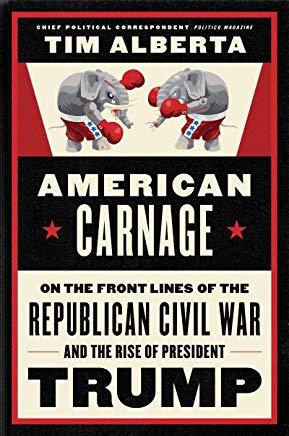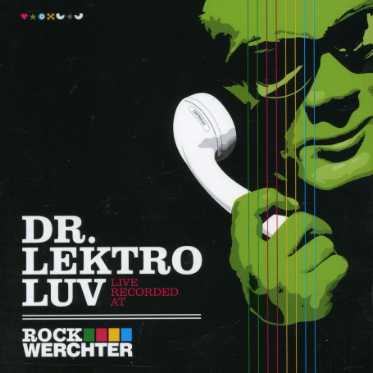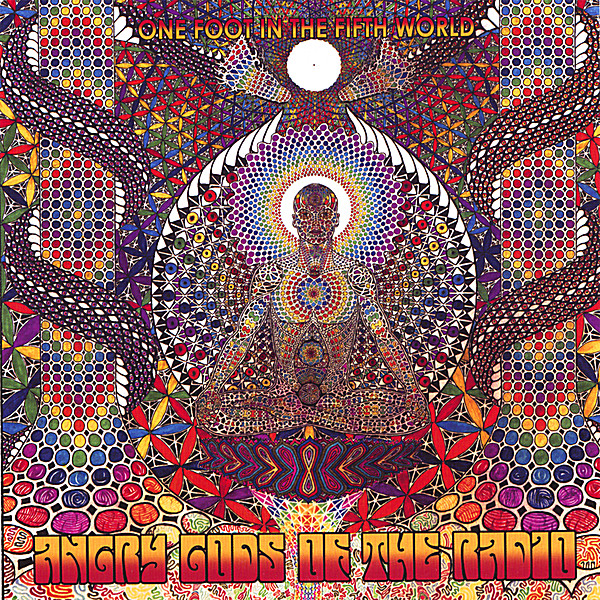
description
8
History shows us that peoples' movements are more likely to suc-ceed when they have unity among supporters, widespread participa-tion, strategic planning, and non-violent discipline. Unsurprisingly, movement opponents use agent provocateurs-fake activists work-ing undercover-to behave in counterproductive ways that undermine these four keys to success.
Drawing from international exam-ples, and an in-depth case study of the US Black Liberation Movement, this volume explores how agent provocateurs-and agent provoca-teur-like behavior-make movements smaller, weaker, and easier to de-feat. It also offers some ideas for how activists can inoculate their movements against such harms and increase their chances of success.
member goods
No member items were found under this heading.
Return Policy
All sales are final
Shipping
No special shipping considerations available.
Shipping fees determined at checkout.







